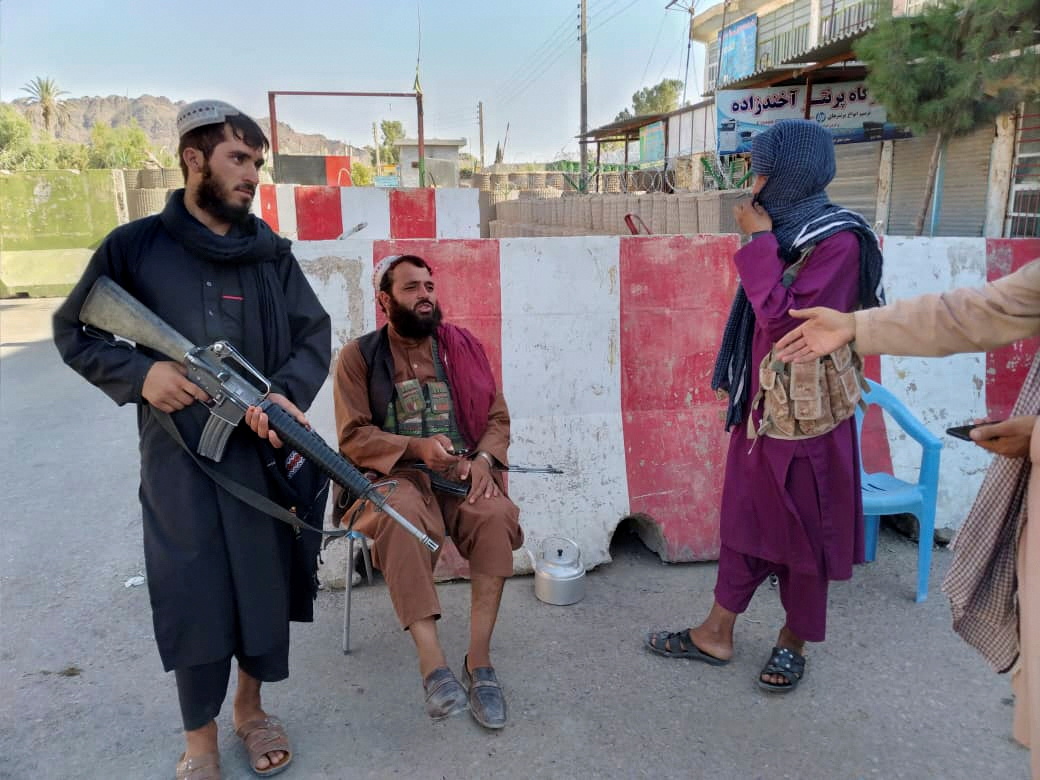
John Kirby, Pentagon Spokesman: “We’re focused on the security situation that we face now, which, again, we’ve acknowledged is deteriorating, we are certainly mindful of the advances that the Taliban have made in terms of taking over yet an increased number of provincial capitals. And our focus is on supporting the Afghans in the field where and when we can and completing this drawdown. I’m not going to speak about planning contingencies or potential outcomes. And the other thing I’d say is that no potential outcome has to be inevitable, including the fall of Kabul, which everybody seems to be reporting about. It doesn’t have to be that way. And I think it’s going to be it really depends on the kind of political and military leadership that the Afghans can muster to turn this around. They have the capability, they have the capacity. And now it’s really time to use those things.”
“So, again, seeing the press reporting, I’m not going to confirm or deny the figures that some of you have been reporting, we don’t talk about intelligence assessments. Our focus is on getting this drawdown done in a safe and orderly way.”
“Right now, the authorities that we have to support, the Afghans from the air expire at the end of this month with the drawdown. And so we are focused on using the authorities that we have, the capabilities that we have during the rest of the drawdown to support Afghan forces from the air. There has been no policy decision about what it looks like beyond that. And I’m simply not going to speculate.”
“They have the advantage in numbers, in operational structure, in air forces and in modern weaponry, and it’s really about having the will and the leadership to use those advantages to their own benefit. And I just can’t, and I won’t, as I’ve been very scrupulous about not doing from the podium speaking to a daily battlefield assessment when these aren’t battles that we are involved in on the ground. And we are yes, we are providing some support from the air. But this is really an Afghan strategy and they should speak to that.”
“They have advantages that the Taliban doesn’t, and again, I really think, as I’ve said before, when we look back on this, we will see it really will come down to leadership, political and military.”






